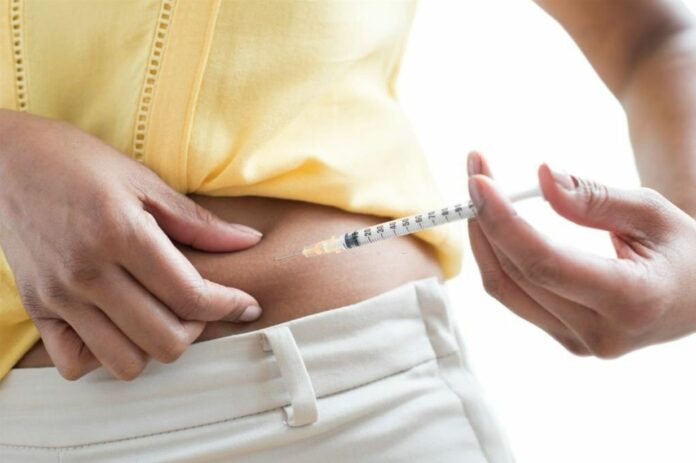Diabetes type 2 is a chronic disease in which blood sugar levels can become dangerously high if preventative measures are not taken. Luckily, it has been shown that a vegetable can lower blood sugar levels within minutes of being eaten.
Low insulin production leads to type 2 diabetes. The main function of the pancreatic hormone insulin is to control blood sugar levels, which rise after meals. People with type 2 diabetes who are missing this process must find other ways to prevent blood sugar rises brought on by eating. According to research, eating kale can effectively replace insulin.
Kale is one of many leafy green vegetables that the American Diabetes Association refers to as “superstar” foods.
A study that was published in the journal Biomedical Reports seems to back up this praise.
The study looked into the optimal amount of kale-containing food.
42 Japanese participants between the ages of 21 and 64 who had blood sugar levels that were greater than the norm participated in the trial.
The patients ate a high-carb lunch along with a placebo or meals containing kale.
Why carbs? After a meal high in carbohydrates, blood sugar levels spike rapidly because glucose is rapidly absorbed from the gastrointestinal tract and rapidly converted into glucose.
The goal of the study was to determine whether eating kale can help prevent these negative impacts on blood sugar levels.
Average blood sugar levels were measured 30 to 120 minutes after consuming the test meal.
They found:
The kale group had “significantly” lower average post-meal blood sugar levels than the placebo group.
The findings of the study show “that intake of kale suppresses postprandial increases in plasma glucose levels at a single dose of 7 g, and that a dose as high as 14 g is safe.”
The researchers didn’t offer an explanation, but kale’s low calorie and carb counts might be a factor.
This is important on two different levels. Calories cause weight increase, which reduces insulin production.
Obesity is also believed to cause metabolic alterations in the body. Because of these changes, fat tissue (called adipose tissue) lets fat molecules into the blood. This can affect cells that respond to insulin and make them less sensitive to insulin, according to experts.
Second, eating foods that are low in carbohydrates should reduce the amount of time it takes for your blood sugar to spike.
Many of these foods are lower on the glycaemic index (GI), which is a ranking system for carbohydrate-rich foods.
It demonstrates how rapidly each food lowers your blood sugar (glucose) level when consumed alone.
Foods with a low or medium GI digest more slowly and raise blood sugar levels gradually over time.
Image Credit: Getty
You were reading: Diabetes: Research Suggests A Powerful Substitute For Insulin
